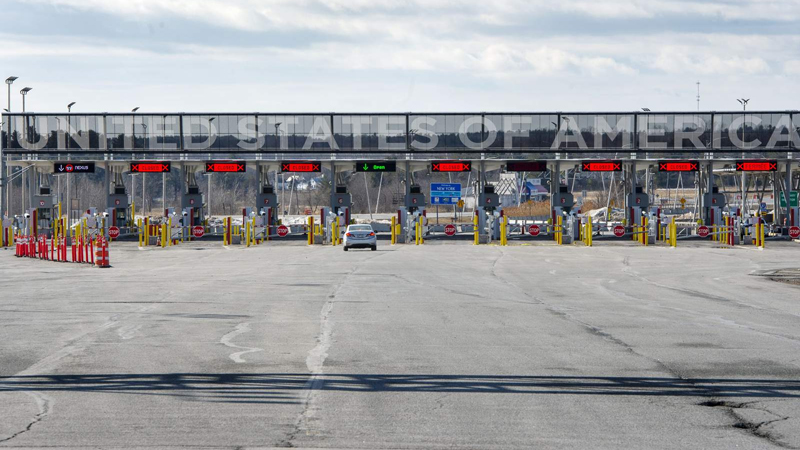
The travel industry in Canada and around the world was generally elated by Monday’s Biden administration announcement that American borders would begin to reopen in NOV to vaccinated travellers with a negative COVID-19 test.
Following the announcement, IATA’s Director General, Willie Walsh, called it a “major step forward” in a statement that echoed the industry’s sentiments.
“Allowing access to the US for those vaccinated will open travel to the US for many who have been locked out for the past 18 months,” he said, adding that it benefitted those who travel bans had kept separated and in addition, “It’s good for the millions of livelihoods in the US that depend on global tourism. And it will boost the economic recovery by enabling some key business travel markets.
“This announcement marks a key shift in managing the risks of COVID-19 from blanket considerations at the national level to assessment of individual risk,” added Walsh.
“But it is also critical that governments accelerate the global rollout of vaccines and agree on a global framework for travel where testing resources are focused on unvaccinated travelers. We must get back to a situation where the freedom to travel is available to all.”
Canadians in particular have two big questions remaining before it’s clear that the development will actually move the needle on the resumption of travel.
AstraZeneca Vaccine - Go or No?
As Open Jaw has often reported, the US Centers for Disease Control (CDC) has not cleared the British AstraZeneca vaccine (now called by its new brand name, Vaxzevria) for use in the U.S. It’s been used widely in Canada, the UK, and in many EU countries.
Until now, that issue has mostly affected cruise travellers, who were unable to board cruise ships especially in American ports, as many cruise lines were following CDC guidelines.
However, if those same guidelines remain unchanged, it will also prohibit Canadians with one or more AZ vaccines from qualifying as fully-vaccinated when attempting entry into the U.S. That’s unless Canadians with so-called ‘mixed vaccines’ manage to get a third / booster shot of an mRNA vaccine.
The Canadian government has consistently reassured Canadian AstraZeneca recipients that they’ll be able to travel, saying often that it’s consulting with officials in other countries to ensure that Canada’s vaccine regimens are acceptable to other nations.
But as of the date of the White House announcement on 20SEP about reopening the U.S. border, AstraZeneca was not accepted by the CDC for full vaccination.
And while, on the day after the federal election, no Canadian government official has issued any further statements about the AstraZeneca vaccine’s status in the U.S., UK officials, at least, are optimistic.
One British government spokesperson said he was “certain” that the AZ vaccine would be recognized by US border officials. "I have no indicators that it won't be" the official said.
"I am convinced that any vaccine we have used, every vaccine acquired in the UK and licensed by the NHS and the WHO will be applicable."
Land Borders - Still a No-Go
The other issue for Canadians - and Mexicans - is about land border crossings.
While the White House’s announcement applied to air arrivals, it specifically did not change the ban on land crossings of either America’s southern or northern borders. They remain closed to non-essential traffic into the U.S.
The CBC confirmed in a report on 21SEP that despite the White House announcement concerning easing restrictions on air arrivals, American officials “also indicated that restrictions on non-essential travel from Canada and Mexico through land borders will remain in place through Oct. 21.”


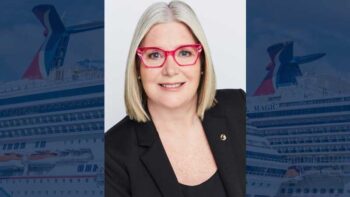
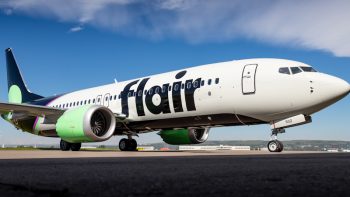

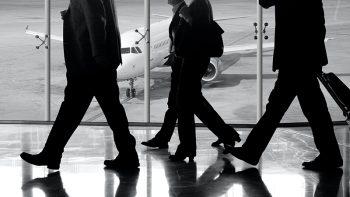
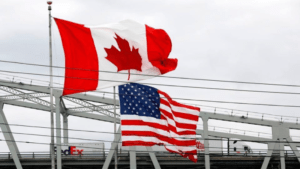
The cruise lines accept 2 doses of the AZ as being fully vaccinated..HAL, RCL and Celebrity..They do not accept the mixed vaccines..one AZ and one of the other brand.
Also the New York theatres listed the AZ as one of the accepted forms .